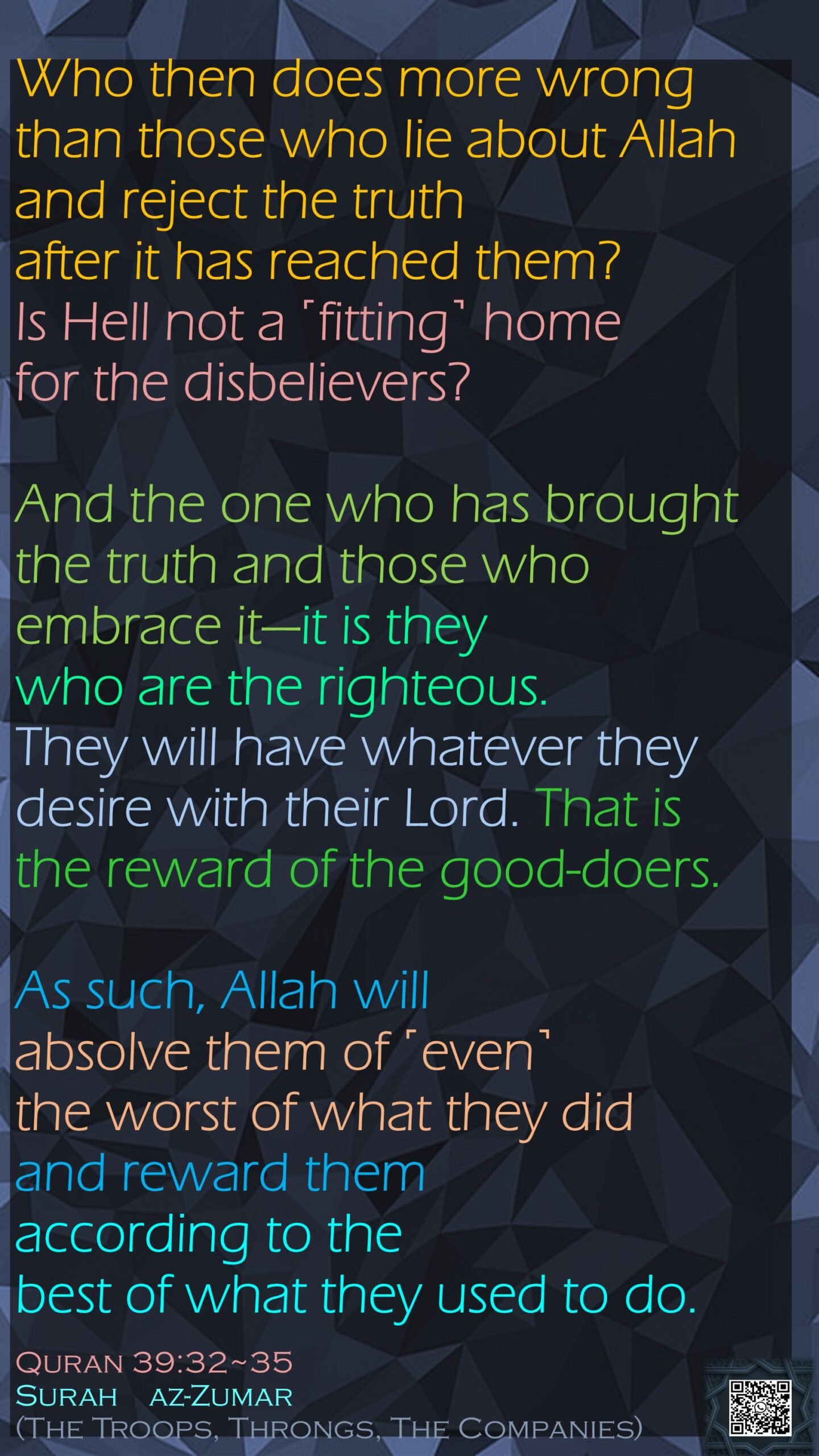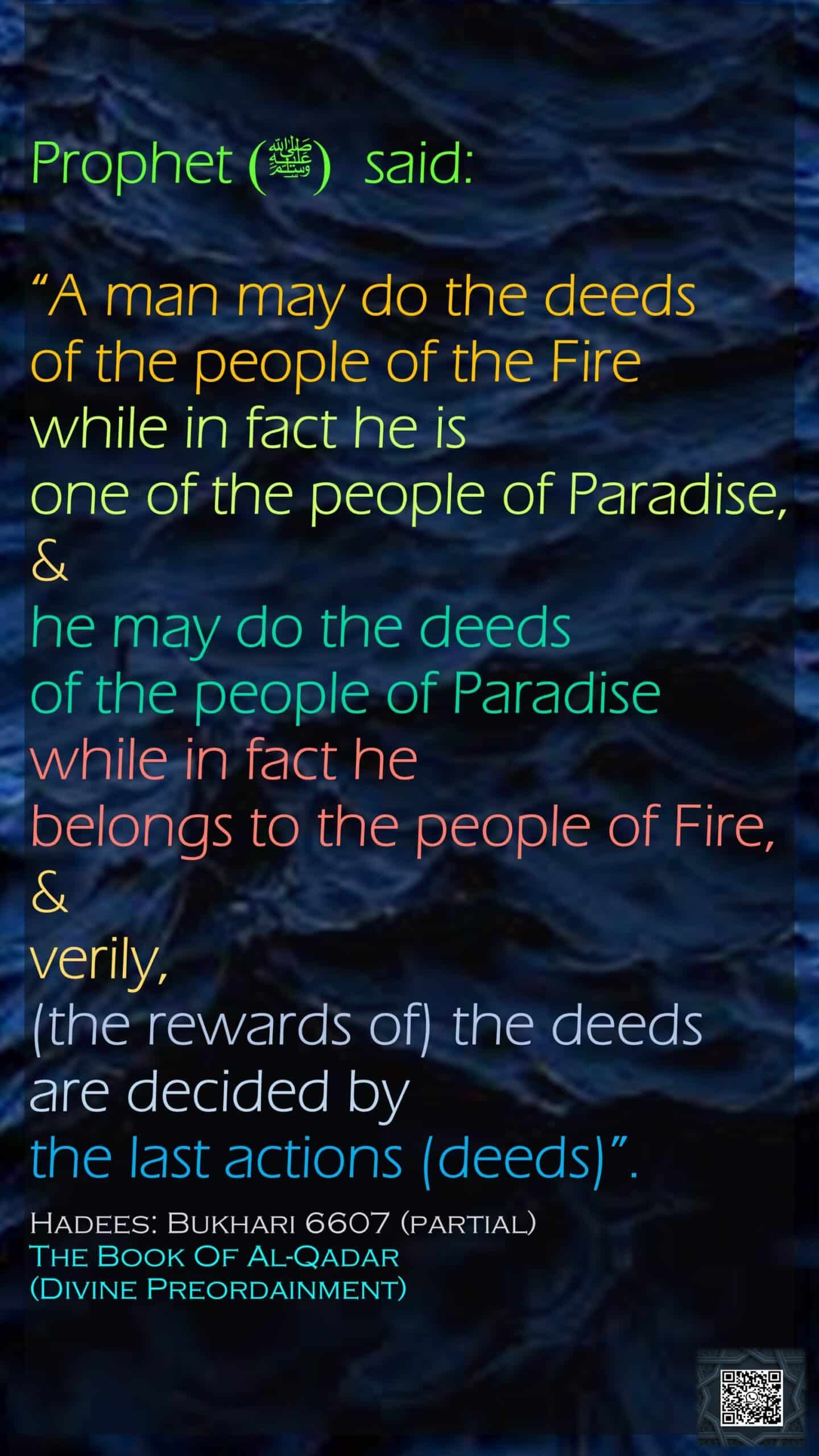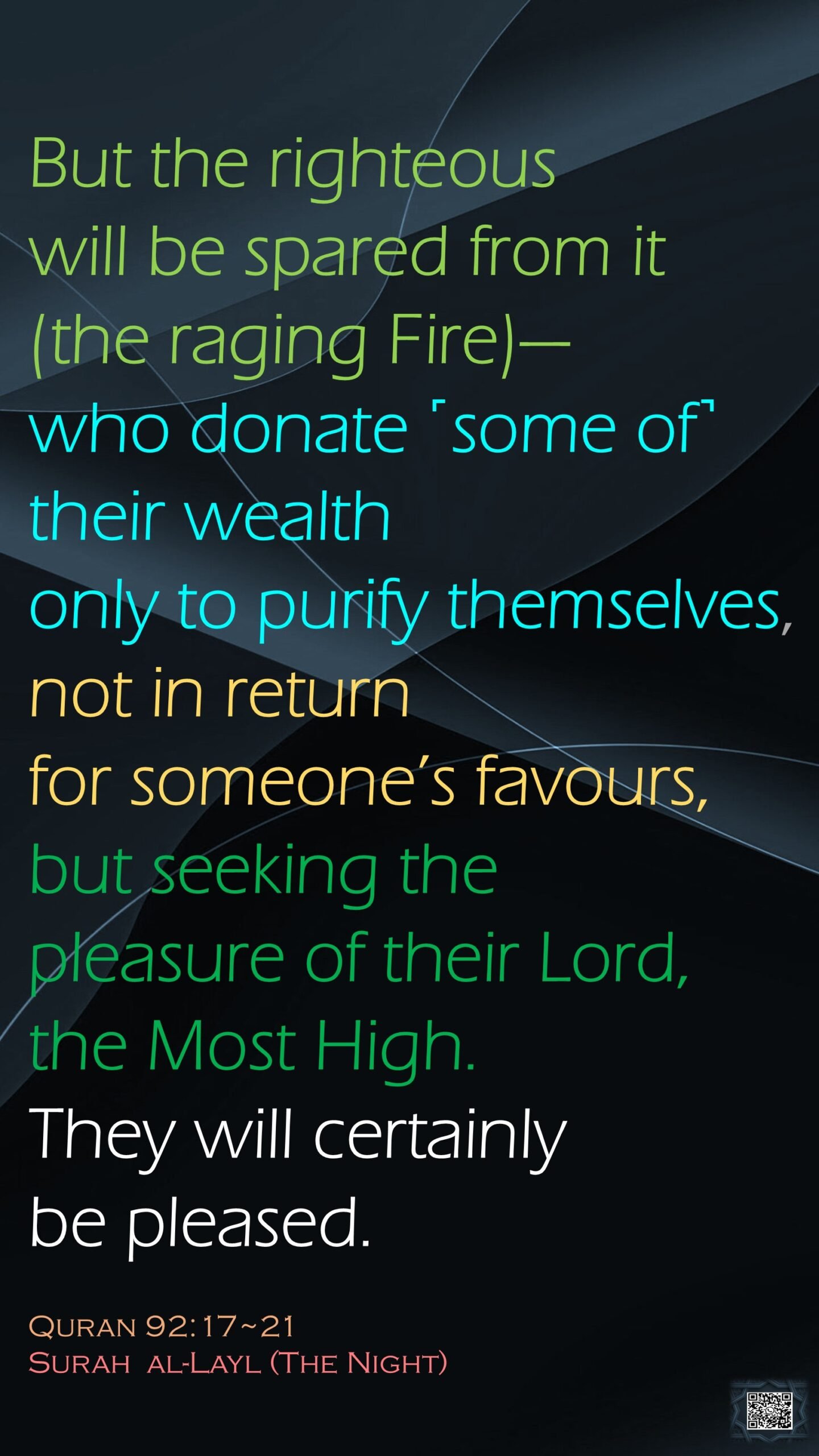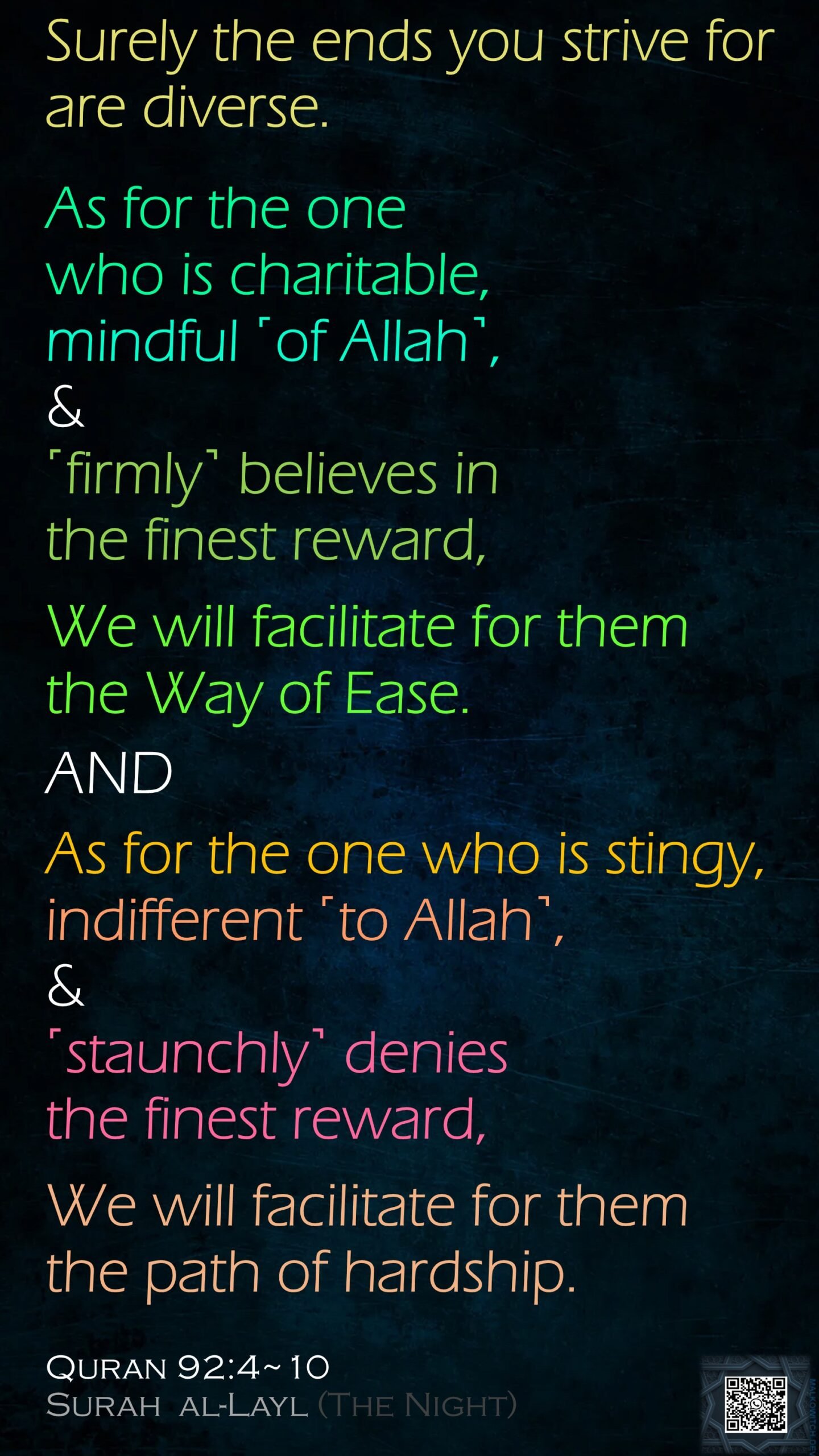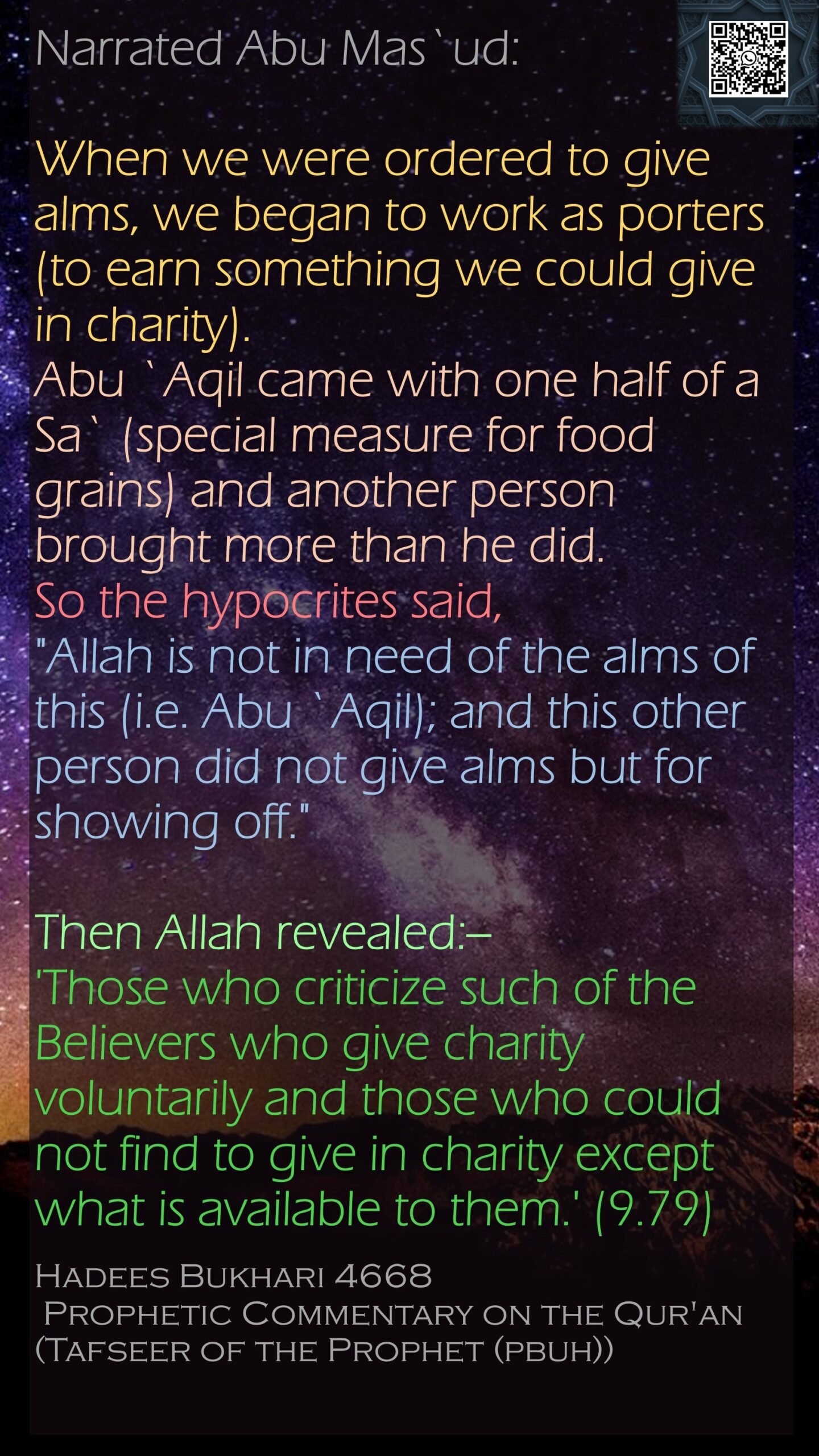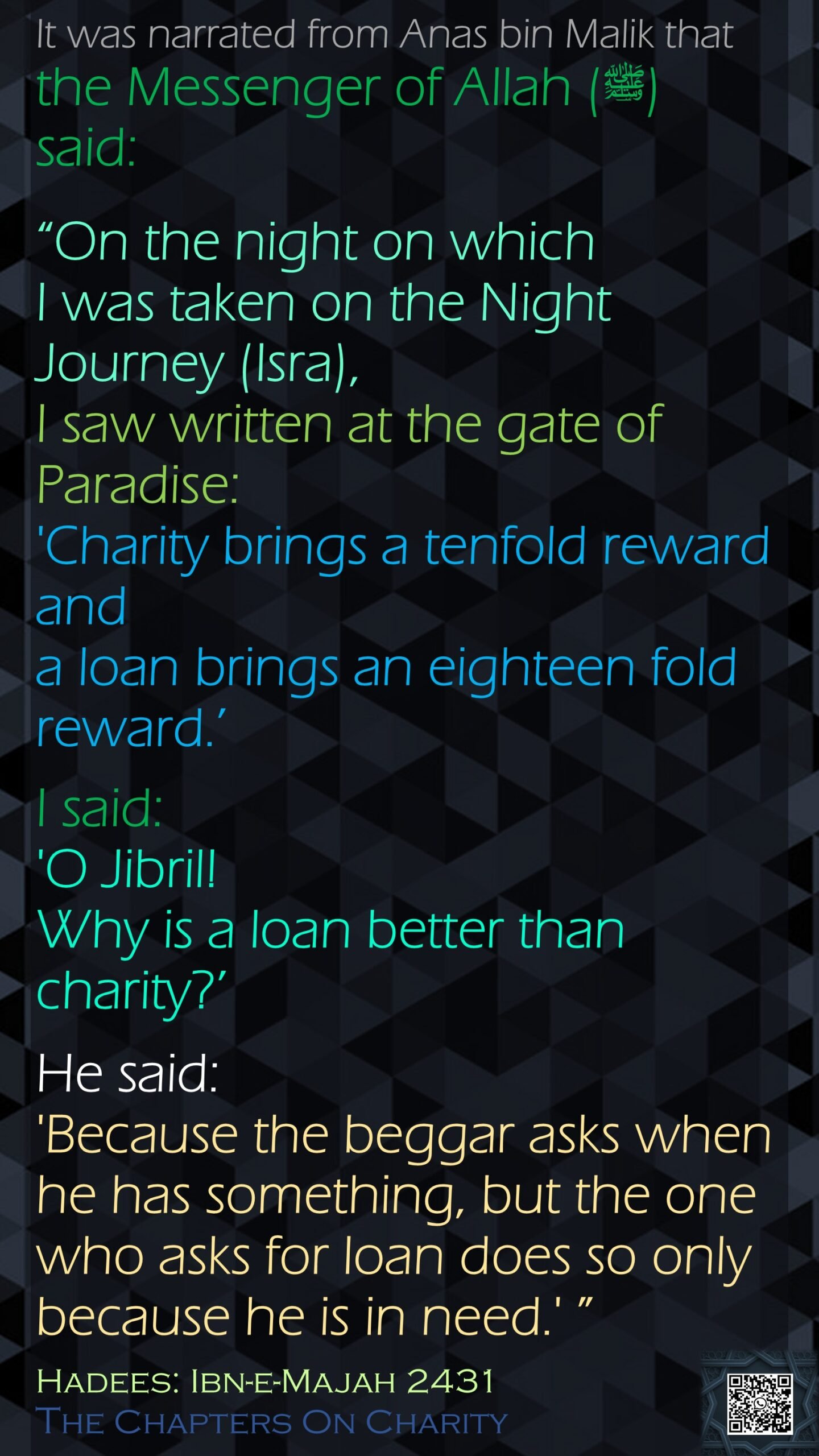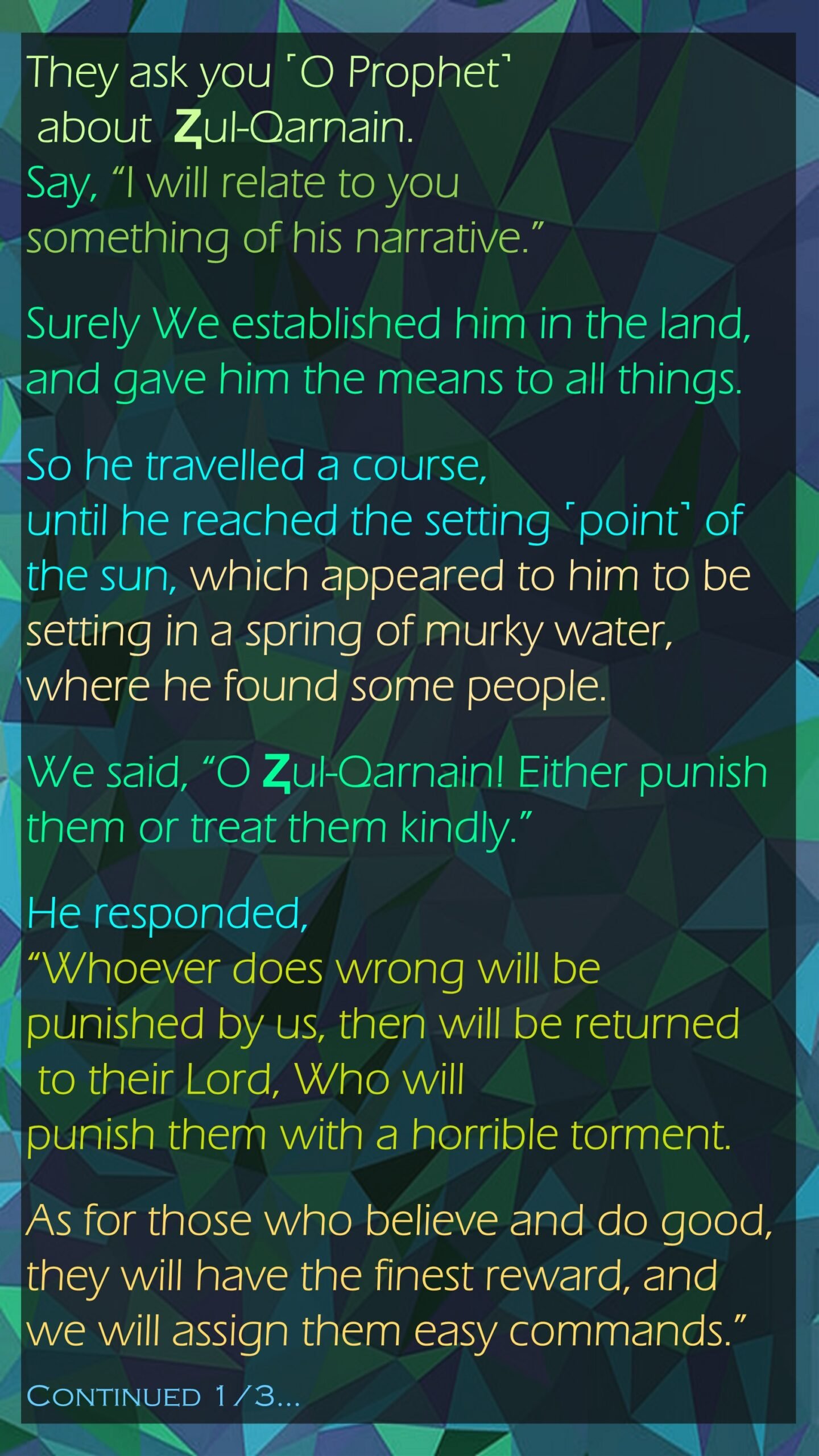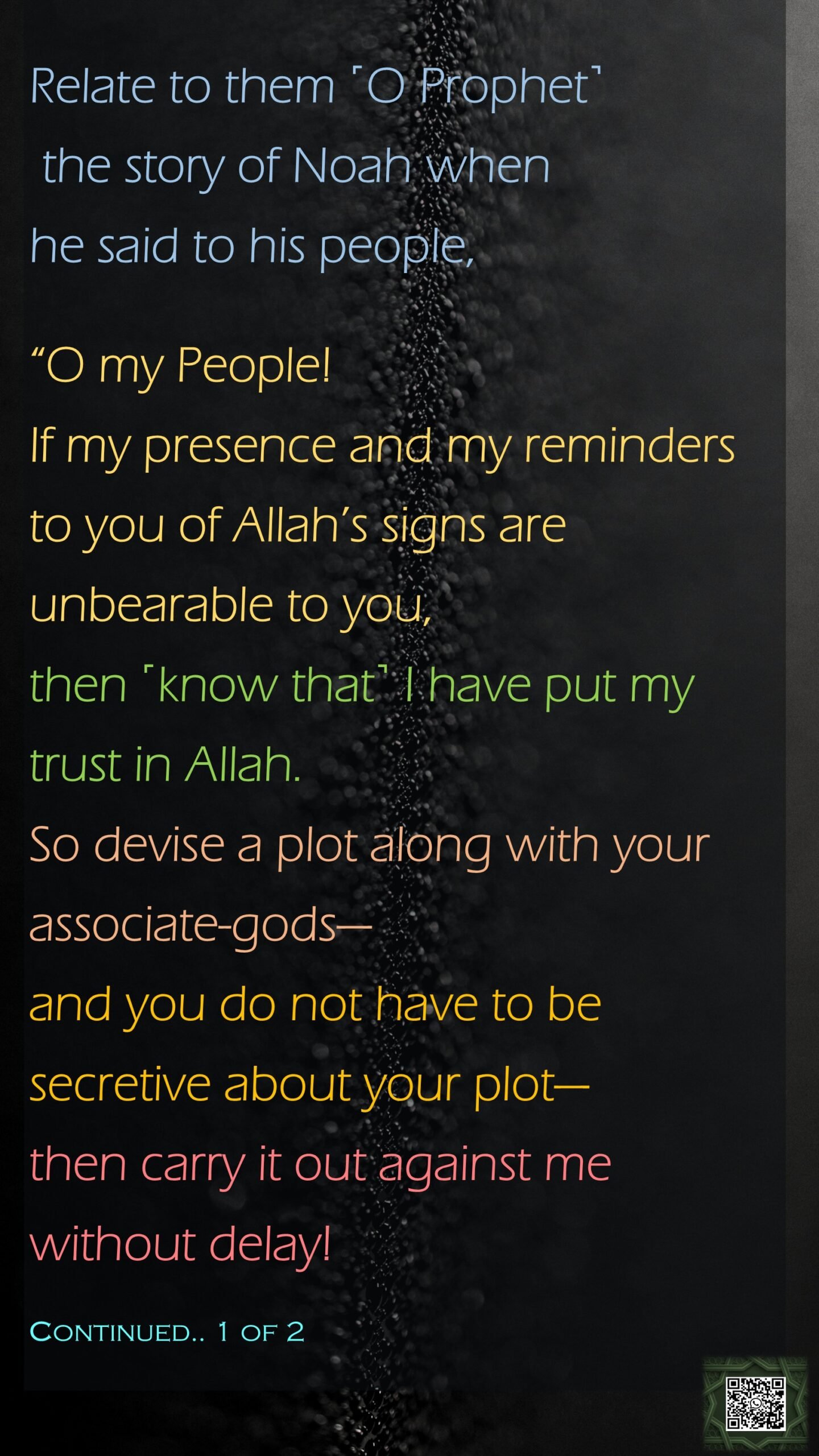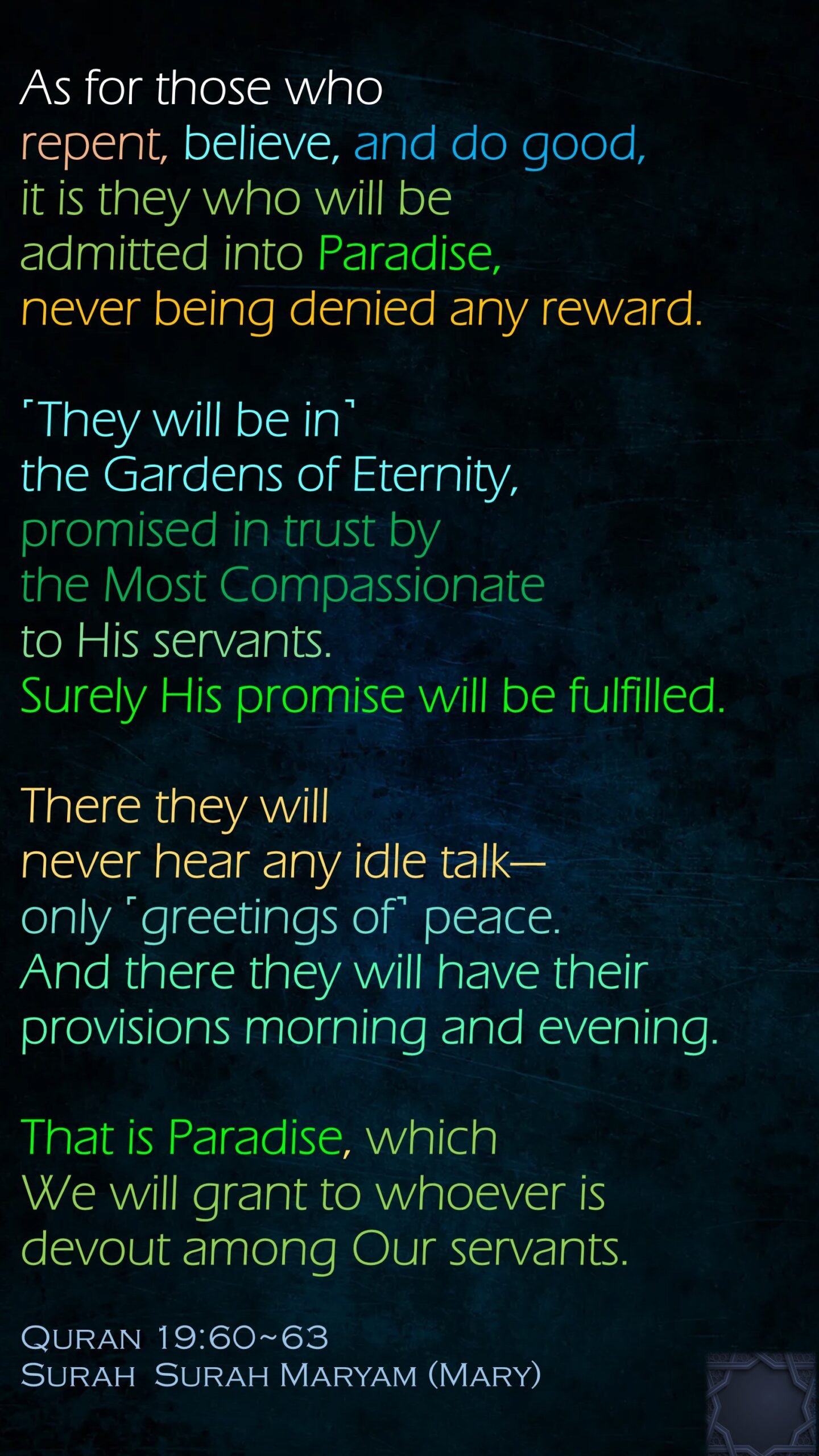26
Feb, 2026
26
Jan, 2026
Quran 92:4~10 (Ayah al-Layl)
Islam, Quran 004, 005, 007, 009, 092, 4, 6, 7, 8, 92, al-Layl, Allah, ayat, belief, charitale, daily, deny, destiny, diverse, ease, ends, eye-opening, facilitate, finest, firm, hardship, indifferent, inspirations, islam, islamic, mindful, Muhammad, night, path, ponder, quran, reward, staunchly, stingy, strive, Surah, verse, way, way of life
28
Dec, 2025
Hadees: Musnad Ahmad 26911 (Azkaar)
Hadees, Islam 0ne hundred, 100, 26911, accept, Ahmad, Alhamdolillah, Allah, Allah Hu Akbar, azkaar, azkar, battle, best, better, camel, daily, easy, free, hadees, hadith, horses, inspirations, islam, islamic, kausar, La ilaha illa hu, musnad, profit, reward, Sacrifice, slave, SubhanAllah
18
Dec, 2025
Quran 18:83~98 (Ayah al-Kahf)
Islam, Quran 018, 083, 084, 085, 086, 087, 088, 089, 090, 091, 092, 093, 094, 095, 096, 097, 098, Allah, ayat, barrier, believe, blow, copper, corrupt, corruption, course, daily, deed, enemy, gap, good, ground, Hog, hot, inspirations, Iron, islam, islamic, knwoledge, language, magog, maintain pass, molten, mountain, Muhammad, order, promise, quran, red, red-hot, retun, reward, rise, scale, set, shade, sun, sunrise, sunset, Surah, travel, true, tunnel, understand, Zul-Qarnain, Zulqarnain
30
Sep, 2025

